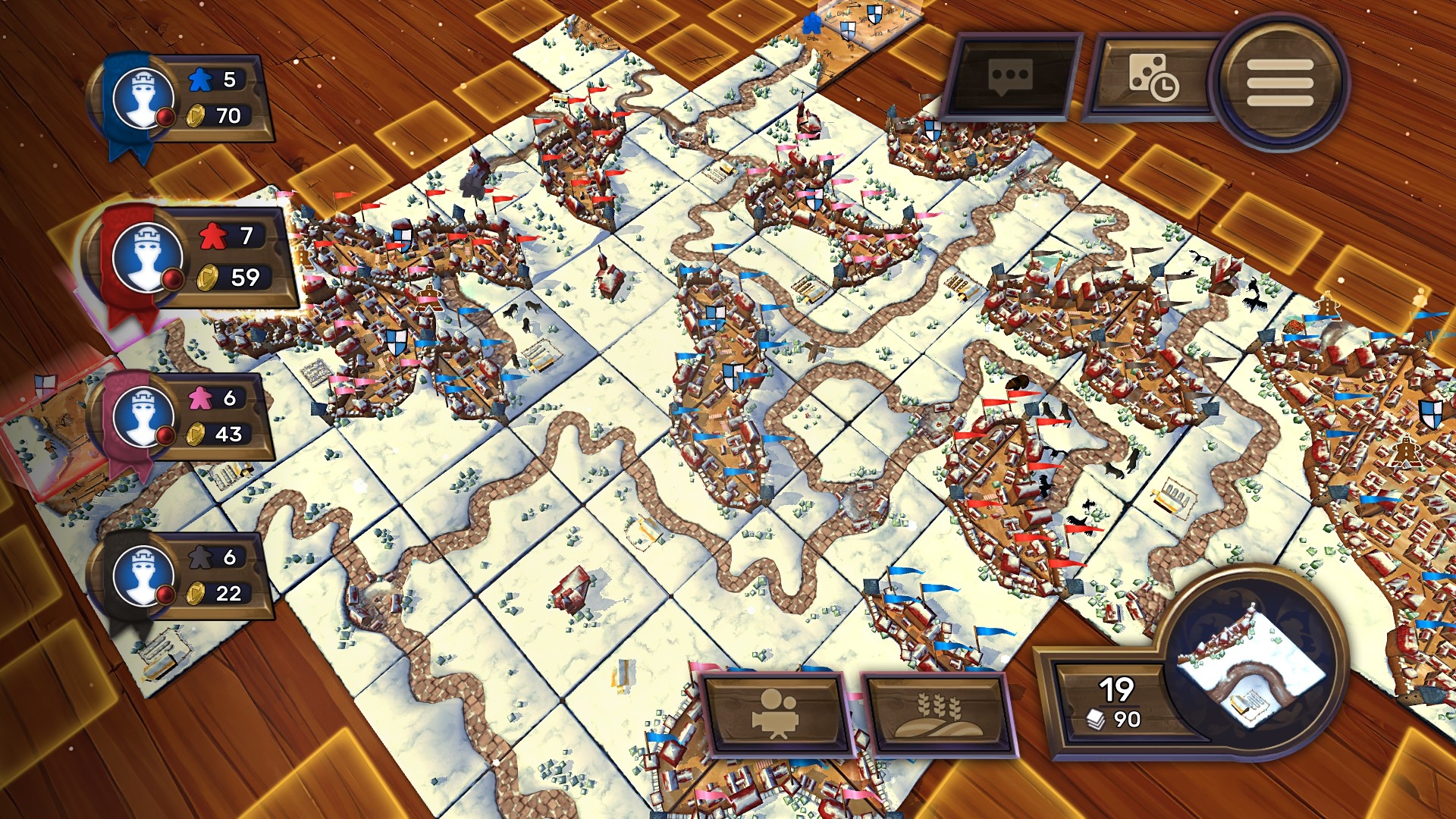On Tuesday night myself and a couple of friends Carcassonned for the first time. It was an interesting experience. Like many beginners we found farmers a tad confusing initially and soon realised that playing on a smallish table top wasn’t a brilliant idea. Unlike most Carcassonne greenhorns, we’d barely finished our first game before we were brainstorming WW2 mods.
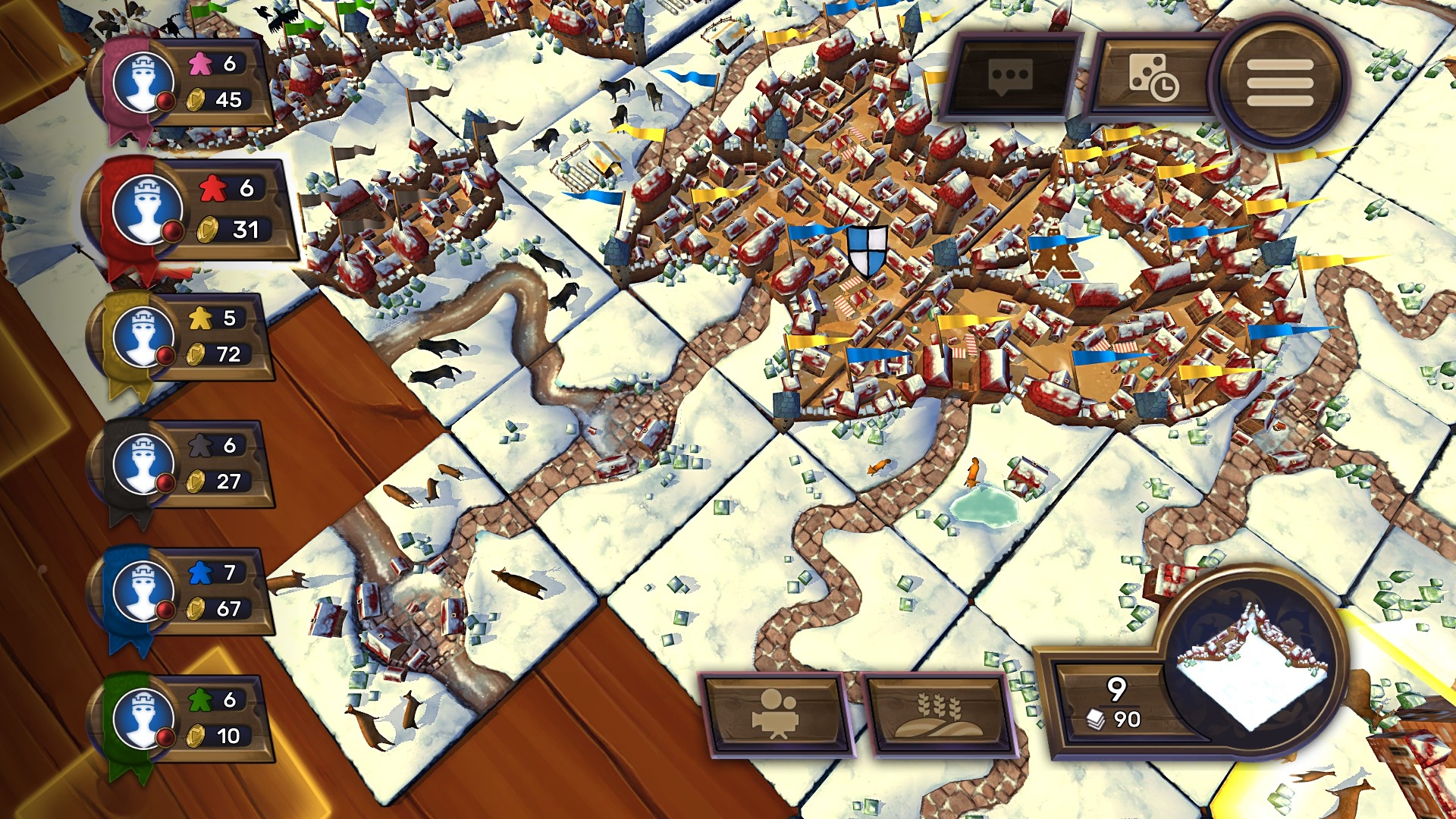
Viewed through grimy specs with beery Mk I eyeballs, Carcassonne’s irregular walled cities morph into Eastern Front kessels awfully easily. Monasteries transform into airfields and roads into… umm… roads almost as effortlessly. Farmers? Partisans perhaps, or would NKVD troops make more sense?
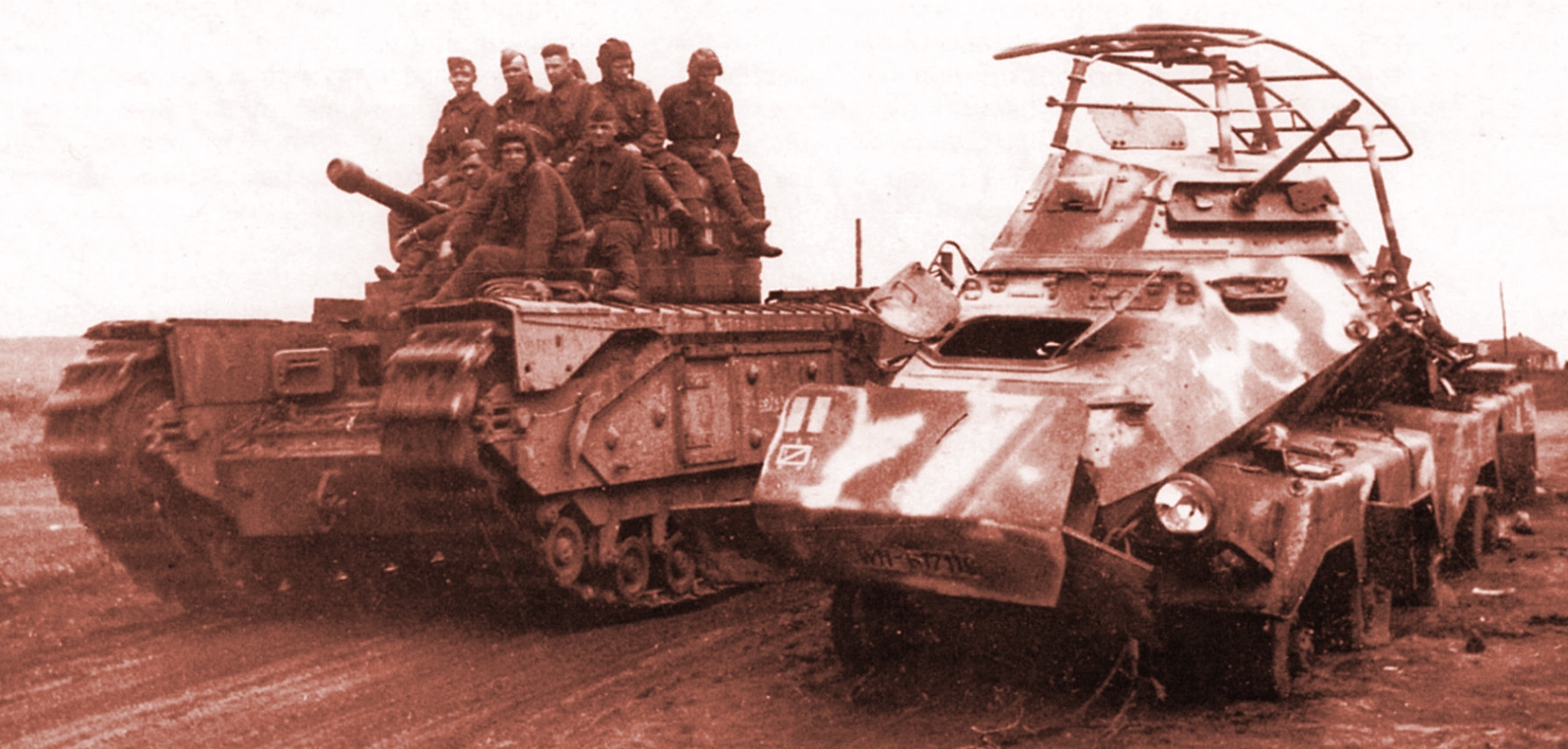
My playmates and I were a little surprised to discover that incomplete cities score points in the final stage of the game. Our mod would be less charitable. Failed to fully encircle a potential pocket? Zero points for you, Comrade.
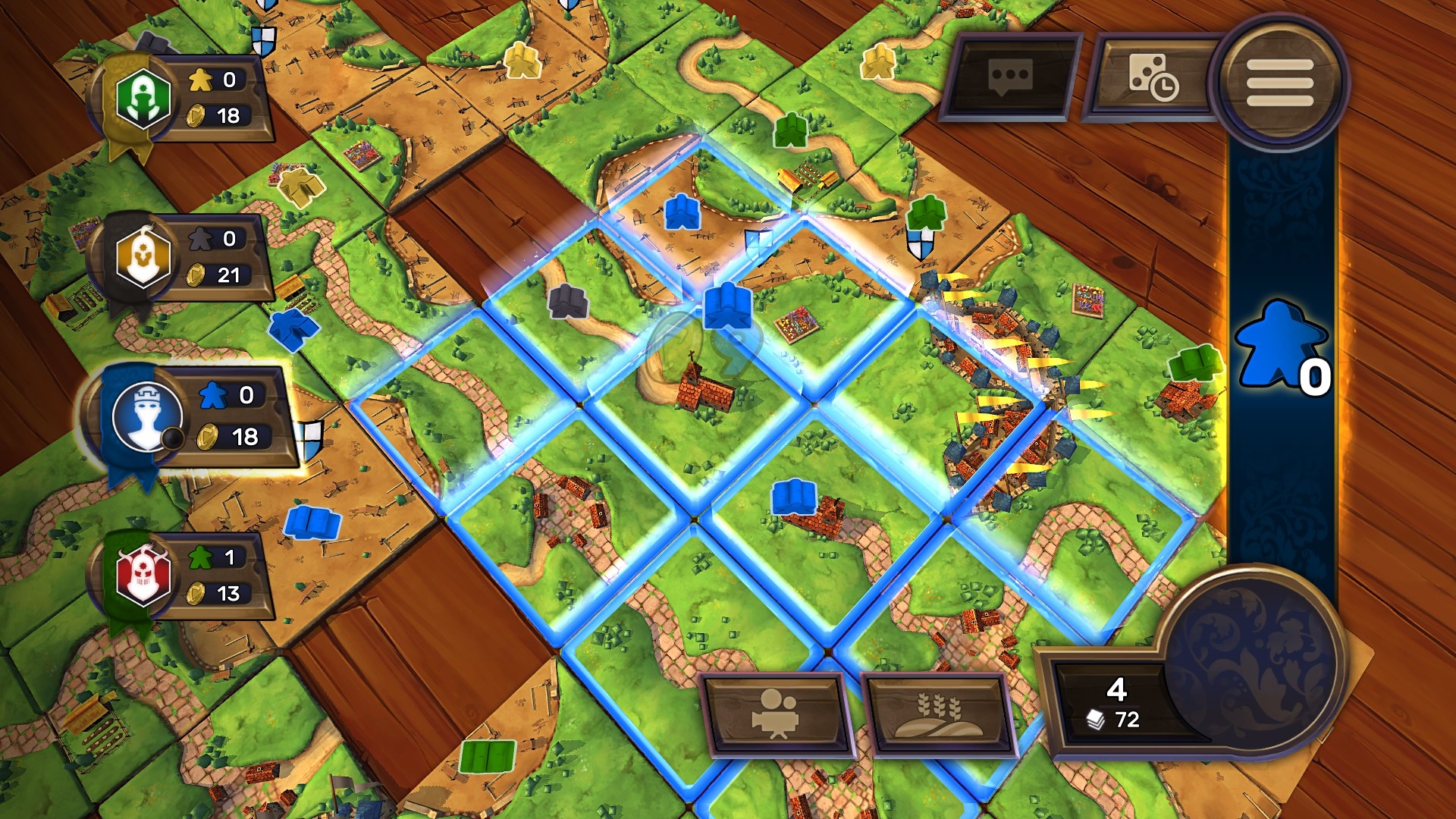
Picturing a Pacific theatre island-hopping version of Carcassonne isn’t exactly difficult either. Cities = islands, roads = shipping lanes, highwaymen = subs, farmers = MTBs, monks = coastwatchers… creating the tiles might take a while, but the rule tweaks almost write themselves.
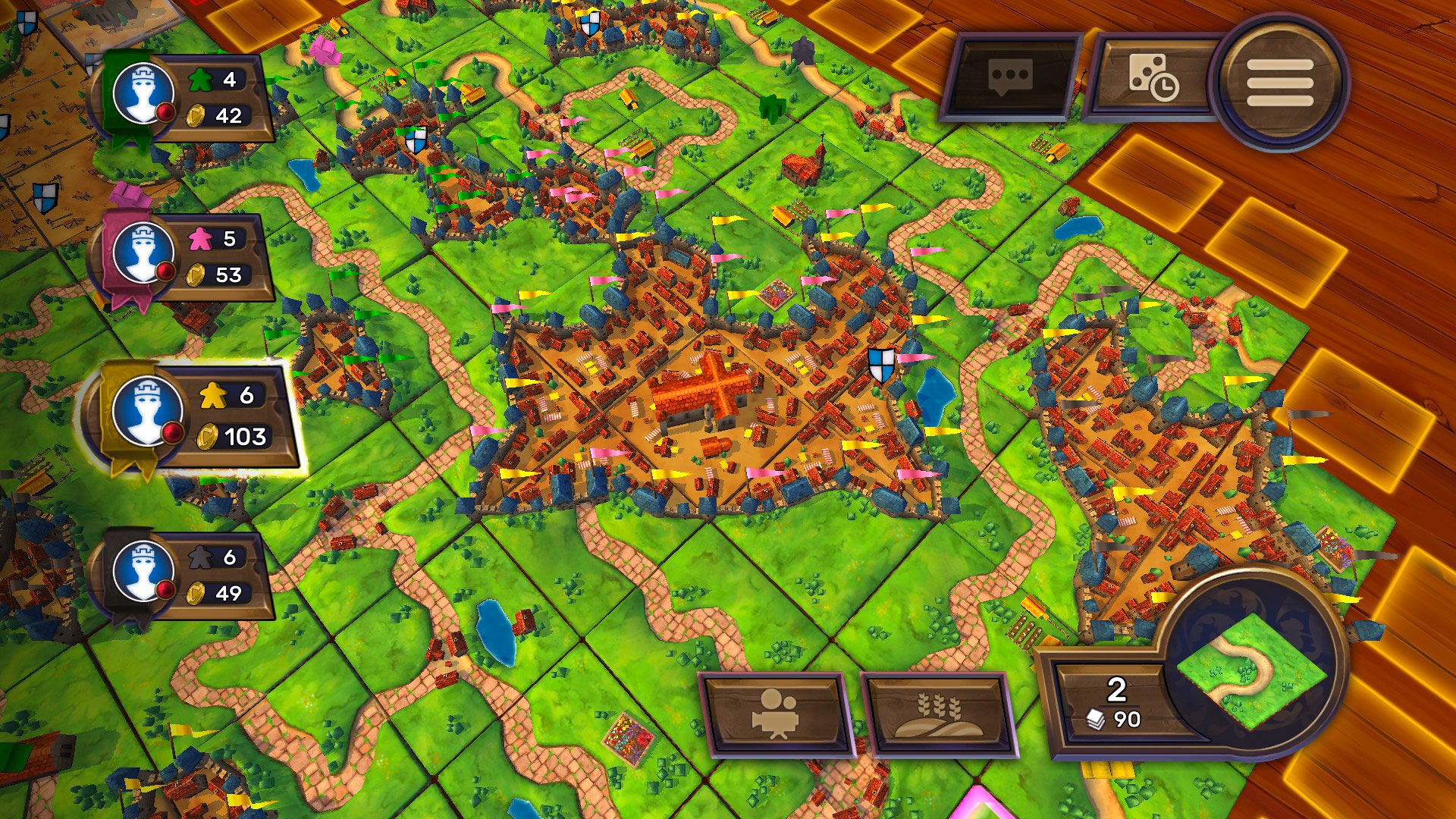
While selling a WW2 Carcassonne clone would be morally questionable, the exhaustive* research I’ve conducted suggests it wouldn’t be technically illegal. Several thinly disguised digital versions of Klaus-Jürgen Wrede’s bestseller have been available for years, and the creator and his publishers don’t appear too bothered.
* Five minutes of Googling.
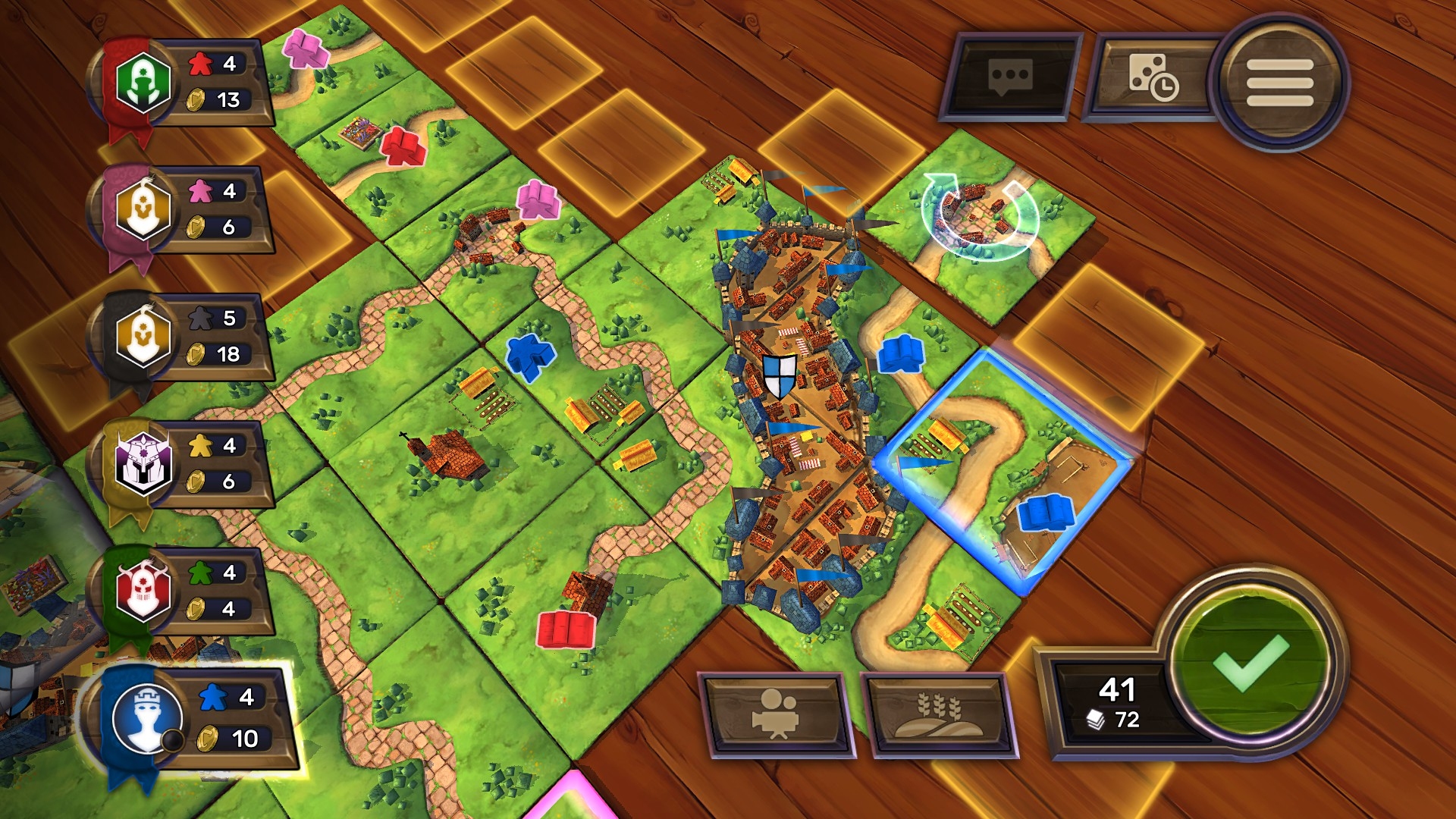
Shortly after trying the analogue original, I added Carcassonne – Tiles & Tactics to my Steam library. Slicker than many of the digitised board games I’ve tried, this £8.50 offering has garnered a few red thumbs lately because of server problems and longstanding DLC bugs. However, anyone looking for fast-playing, competitive bot matches will find little to gripe about.
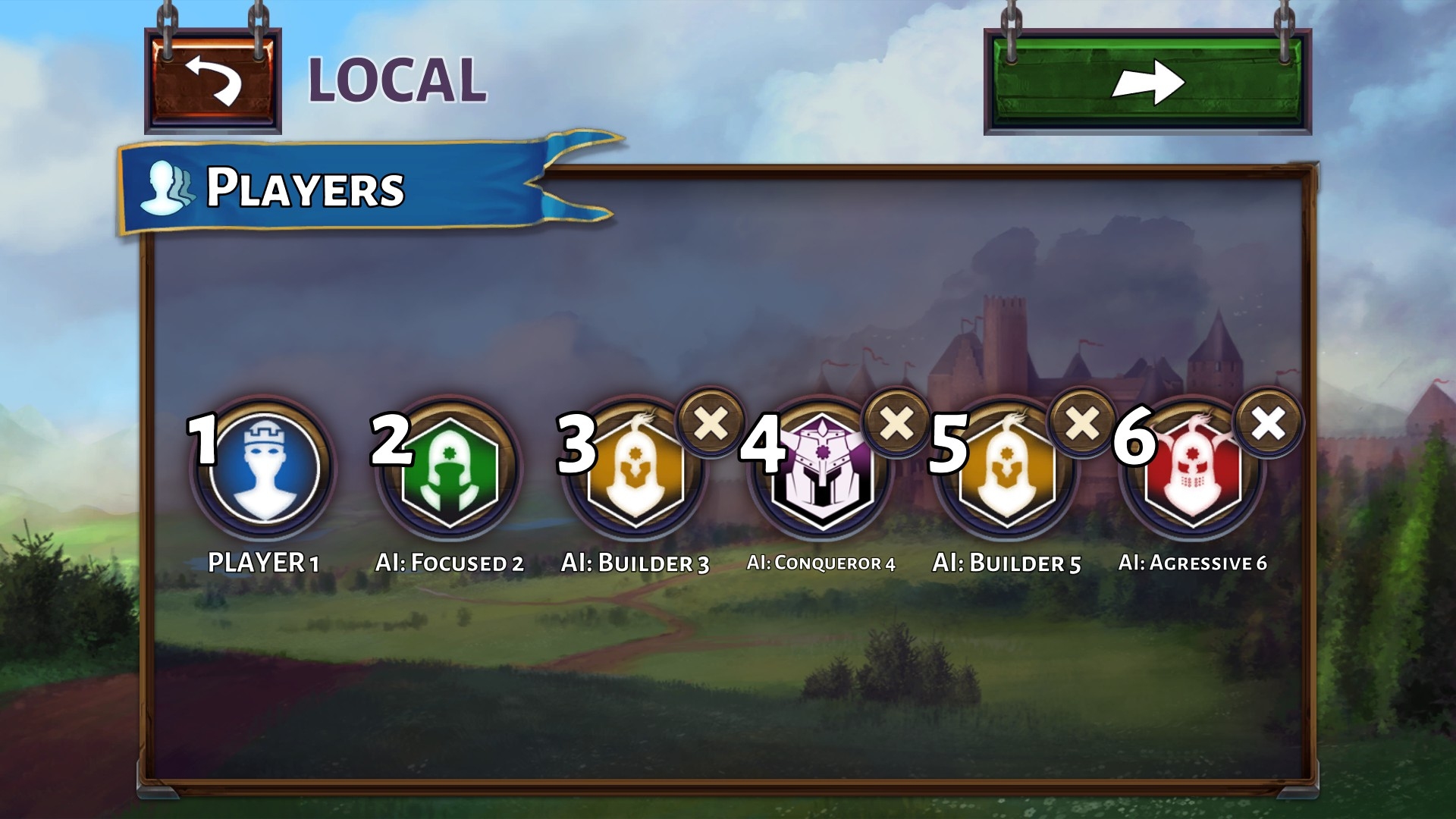
It’s possible to whistle through a basic, six-player game in around a quarter of an hour, and automatic scoring, and optional aids such as a field visualiser and tile deck scrutiniser are a boon if, like me, you’re new to the game.

